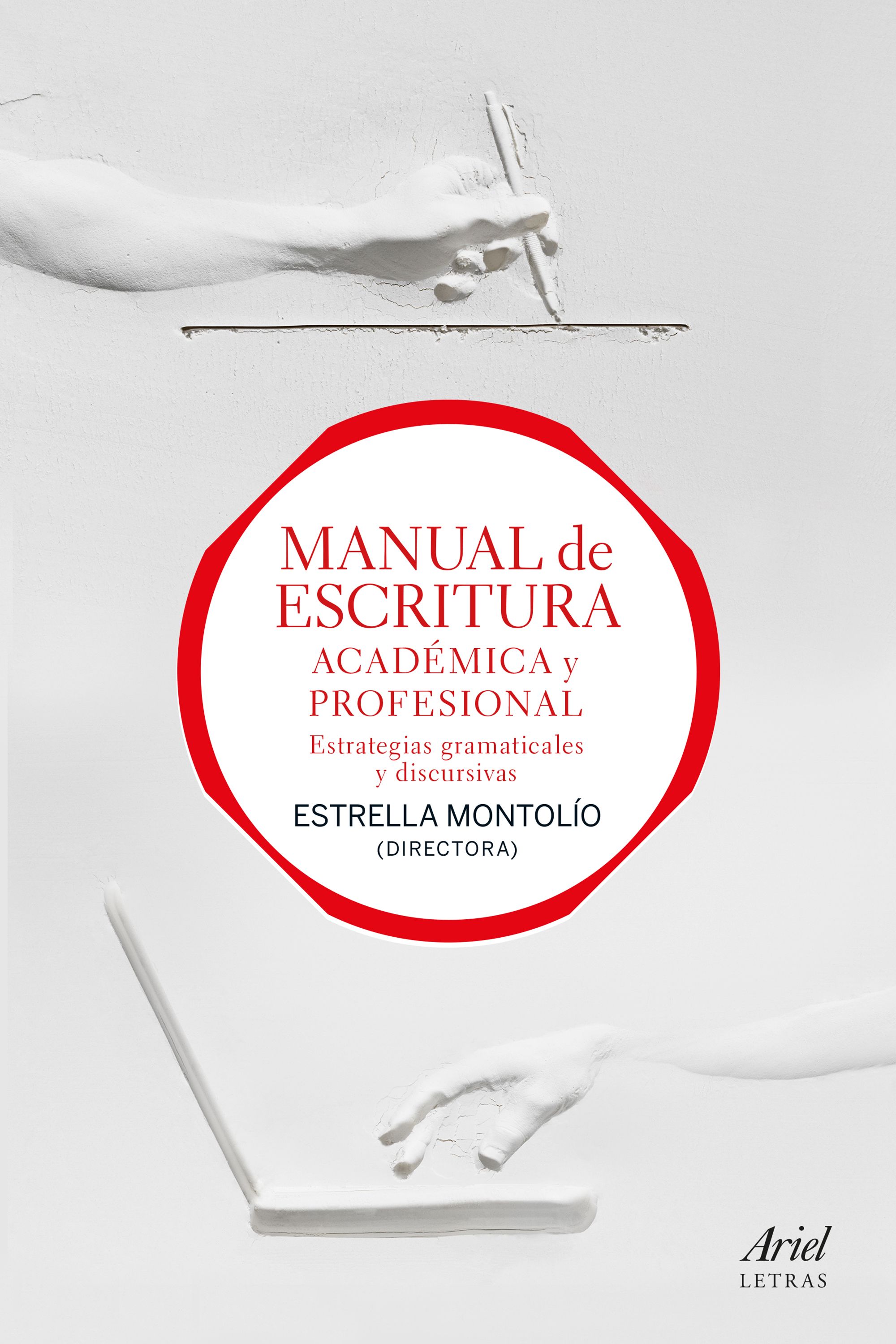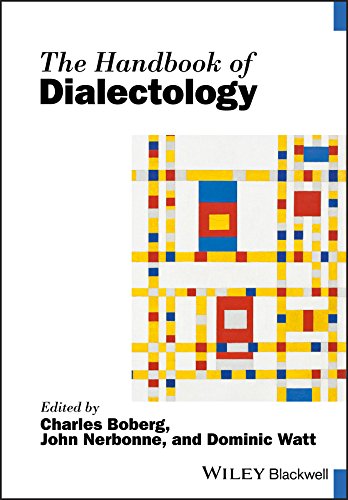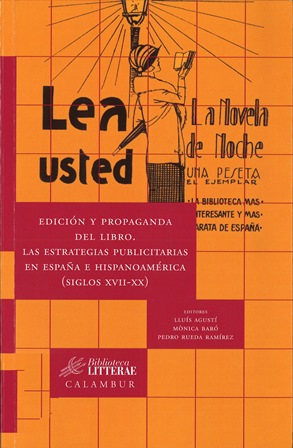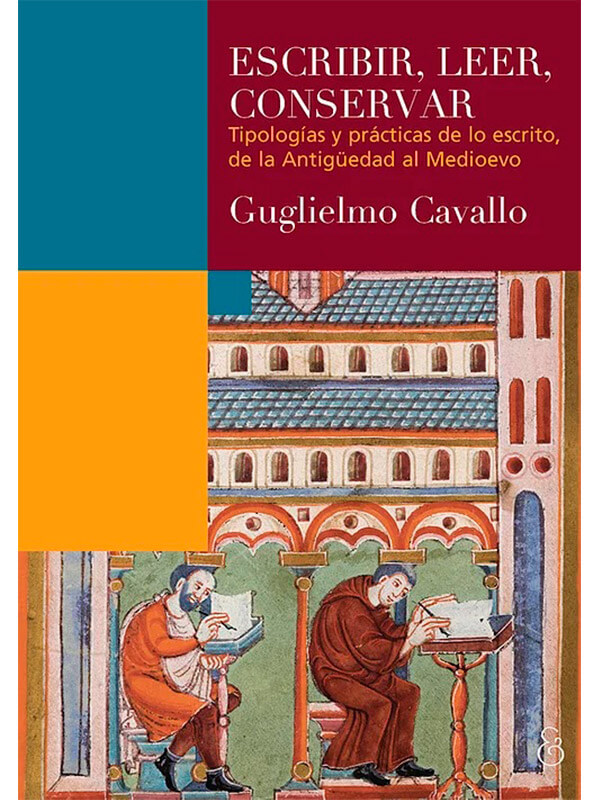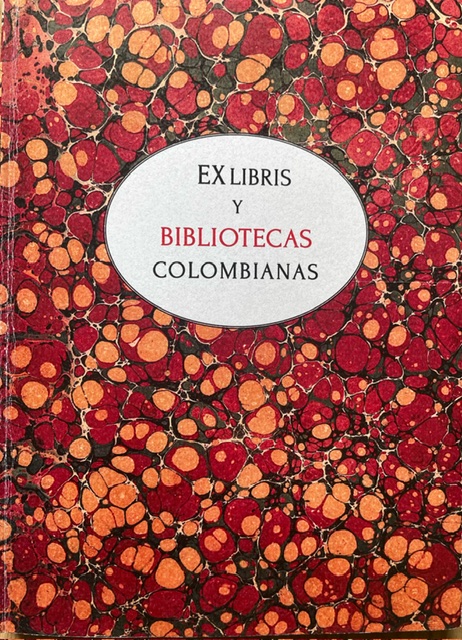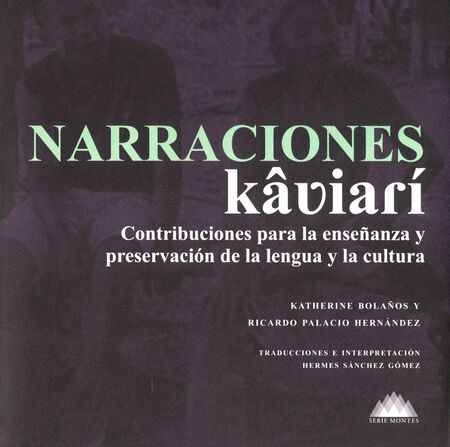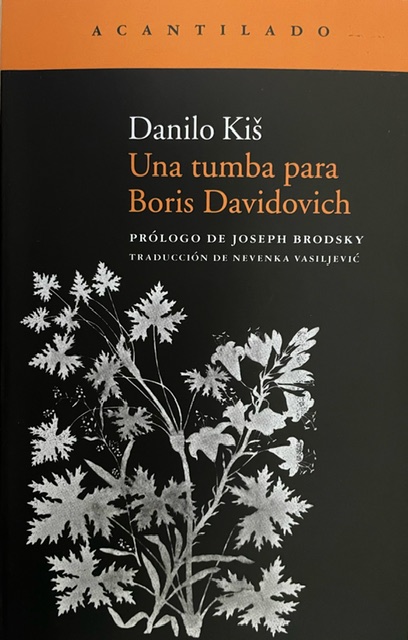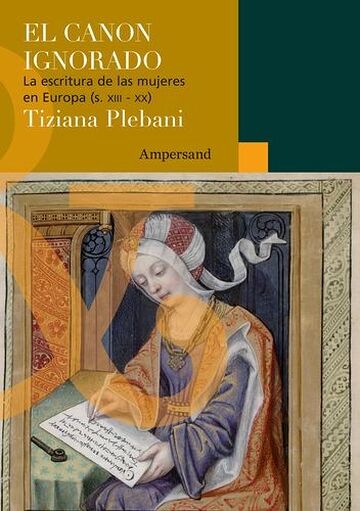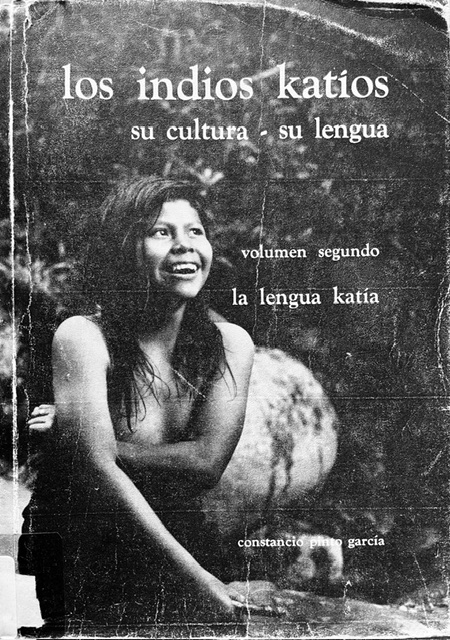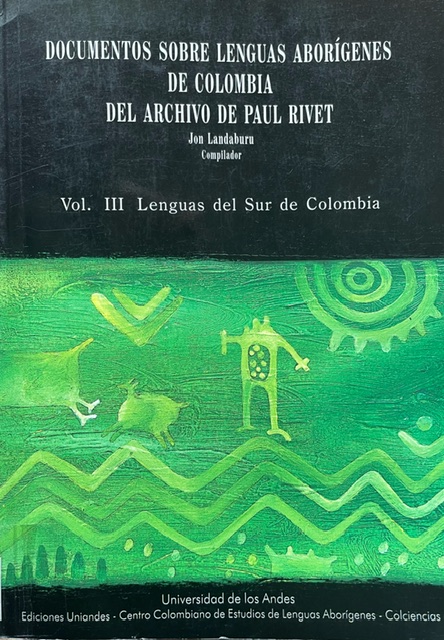Culture and identity / Warren kidd and Alison Teagle.
Tipo de material: TextoIdioma: Inglés Series Skills-based sociologyDetalles de publicación: Nueva York : Palgrave Macmillan, 2012.Edición: Segunda ediciónDescripción: xii,, 264 páginas ; 23 cmISBN:
TextoIdioma: Inglés Series Skills-based sociologyDetalles de publicación: Nueva York : Palgrave Macmillan, 2012.Edición: Segunda ediciónDescripción: xii,, 264 páginas ; 23 cmISBN: - 97802302081028
- 306 K46c 22
| Tipo de ítem | Biblioteca actual | Colección | Signatura topográfica | Copia número | Estado | Notas | Fecha de vencimiento | Código de barras | |
|---|---|---|---|---|---|---|---|---|---|
| Libros | Sede Centro | Colección General | 306 K46c | ej. 1 | Disponible | tmt05 | 500074689 |
Incluye bibliografía e índice.
Introduction. --The philosophy behind the book. -- What are culture and identity?. -- The importance and origins of culture and identity. -- Using the skills of sociology. -- Exam focus. -- Study guidance. -- Using concept maps. -- The content of the book. -- Key Issues in the Study of Culture and Identity. -- Introduction. -- What is culture?. -- What is identity?. -- Attempts to define culture. -- Non-sociological uses of the con of culture. -- Socialization, norms and values. -- Evaluating the concept of culture: three problems. -- Understanding the concept of identity: do not lose sight of the individual. -- Conclusion. -- Classical Views on Culture and Identity. -- Introduction. -- Introducing two classical views on culture. -- View one: culture as order - functionalism. -- View two: culture as ideological control - Marxism. -- Conclusion. -- The Development of 'Action'. -- Introduciton. -- The role of meanings and motives in society. -- Georg Simmel. -- Contemporary forms of action sociology. -- Conclusion. -- Sociology and Interactionists. -- Socialization, Self Identity and the Life Course. -- Introduction. -- Socialization. -- Self-identity, and the map of one's life. -- The life course. -- Age and aeging. -- Returning to the relationship between the individual and society. -- Conclusion. -- How much 'Agency' do Individuals have in Culture?. -- Introduction. -- Thinking using culture: the cretive self. -- Clarifying what in meant by 'agency'. -- Conclusion. -- Modern and Postmodern Culture and Identity. -- Introduction. -- What is modernity?. -- What is postmodernity?. -- Postmodern identities. -- Evaluation of postmodernism. -- Theories of risk. -- Conclusion. -- Mass Culture and Popular Culture. -- Introduction. -- Basic definitions. -- The 'mass society thesis'. -- Who exactly are the masses?. -- Postmodernity and popular culture. -- Technological developments and their impact on culture. -- Conclusion. -- Youth Culture and Subculture. -- Introduction. -- The historical development of suncultural study. -- Subcultural solutions to the problems of society. -- Gramsci, the CCCS and hegemony . -- The CCS ans semiology. -- The historical rise of youth culture. -- In there a postmodern youth culture?. -- Gender and youth culture. -- Rethinking subculture. -- Conclusion. -- Semiology, Structuralism and Post-Structuralism. -- Introduction. -- Semiology and structuralism. -- Applying the semiological method. -- Structuralism and anthropology: Claude Lévi-Strauss. -- Structuralism and Marxism: Louis Althusser. -- Structural feminism. -- Postmodernis and sign. -- Poststructuralism. -- Conclusion. -- Class and Consumption. -- Introduction. -- A theoretical review of class identity. -- The historical treatment of class culture and identity. -- From production to consumption. -- Recent analysis of class culture and identity. -- Conclusion. -- Sex and Gender: Femininity and Masculinity. -- Introduction. -- Feminist theory and research into feminity. -- Gender socialization. -- Postmodern theory and gender. -- Masculilnity. -- Sexuality. - -The 'knowing construction of identity'. -- Conclusion. -- Ethnicity and Identity. -- Introduction. -- Defining 'ethnicity'. -- Ethnicity, inequality and power. -- Diaspora, hybridity, multiculturalism adn globalization. -- Ethnic identity and choice. -- Conclusion. -- Community, Nation and Globalization. -- Introduction. -- Modernity and the decline of community. -- National identity. -- THe importance of time and space. -- Understanding globalization. -- Conclusion. -- Appendix. Exam guidance and strategies for essay writting.
Ciencias sociales




